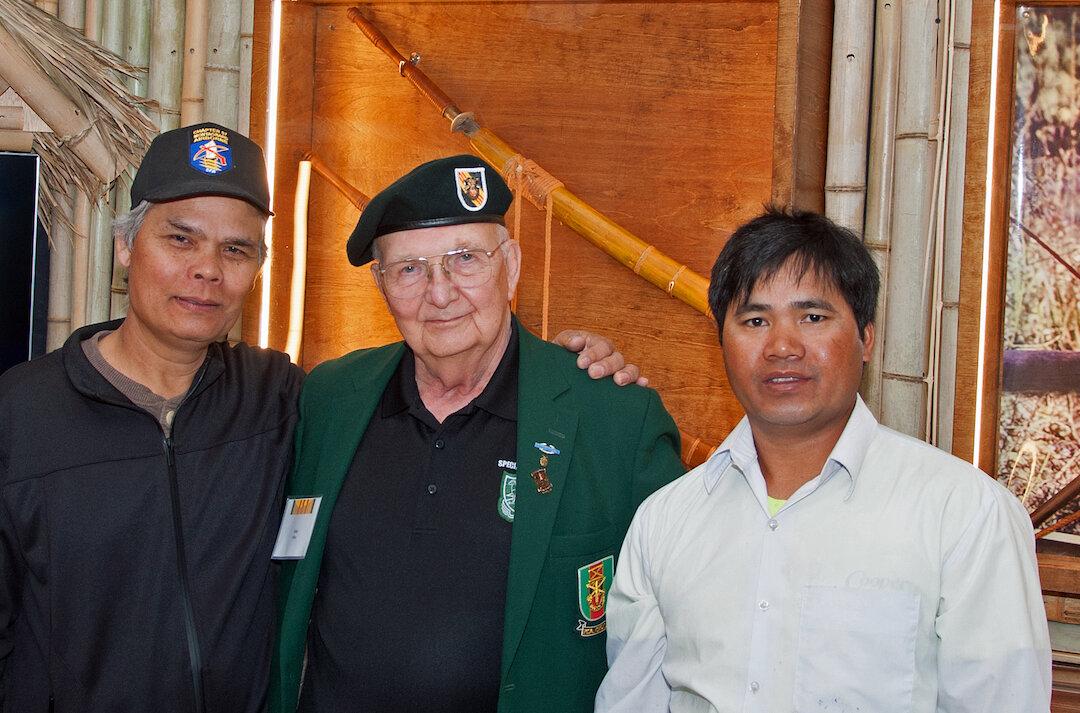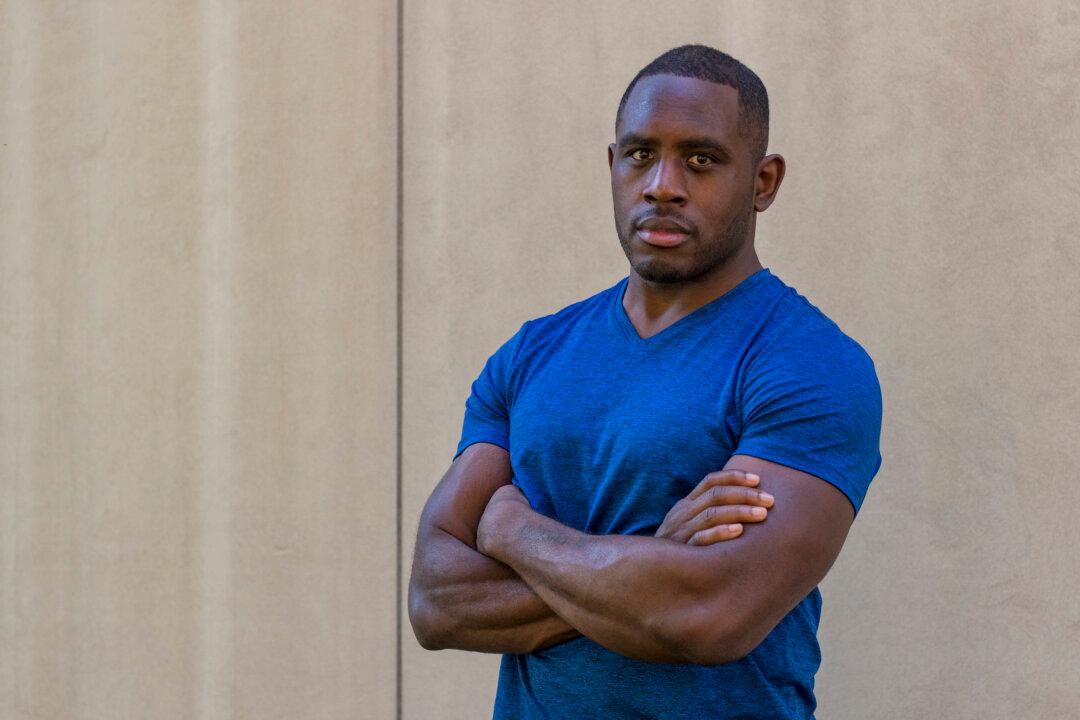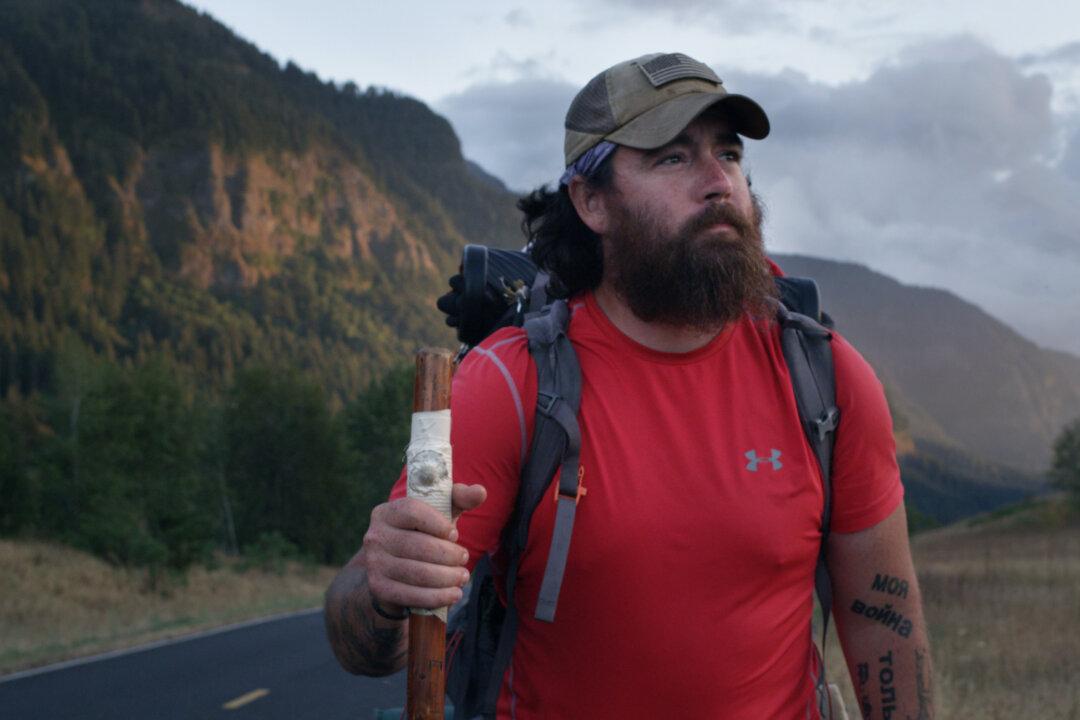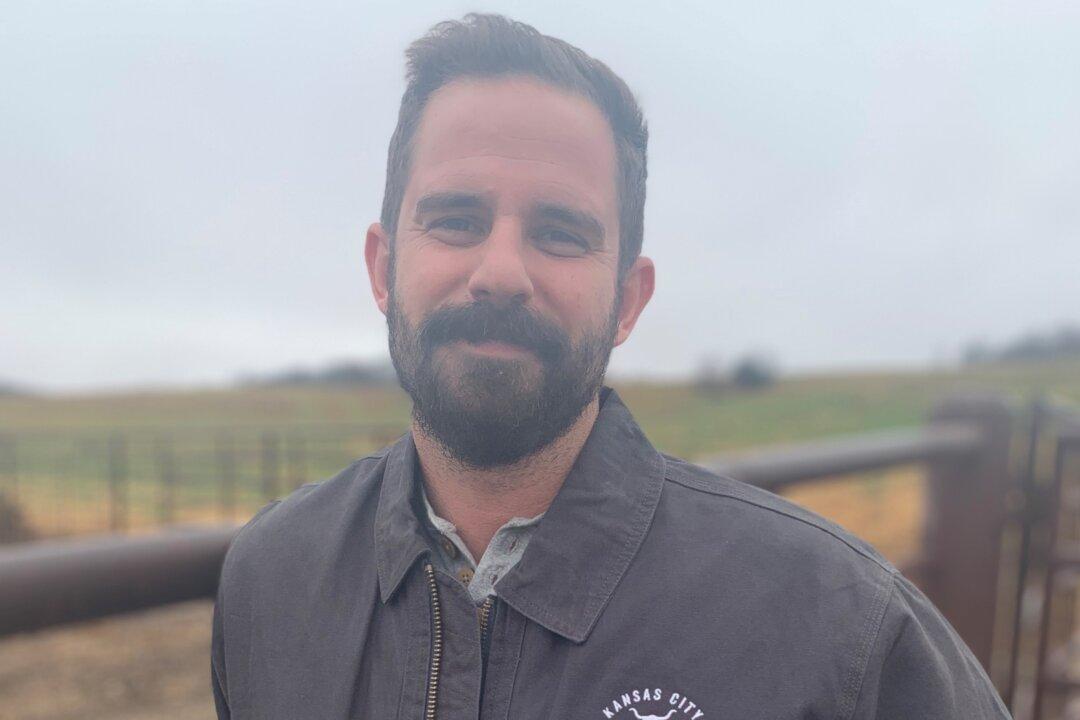The Green Berets are one of the most elite units in the United States military and are known as the “quiet professionals,” as most of their missions are classified. Now, one former Green Beret is on a mission to record oral histories of Green Berets and their declassified stories.
Lyle Hendrick is 63 years old and lives in Columbia, South Carolina. Hendrick earned his Green Beret in 1983, and was on active duty until 1987. He was part of the 1st Battalion 10th Special Forces and was stationed in Bad Toelz, Germany.






